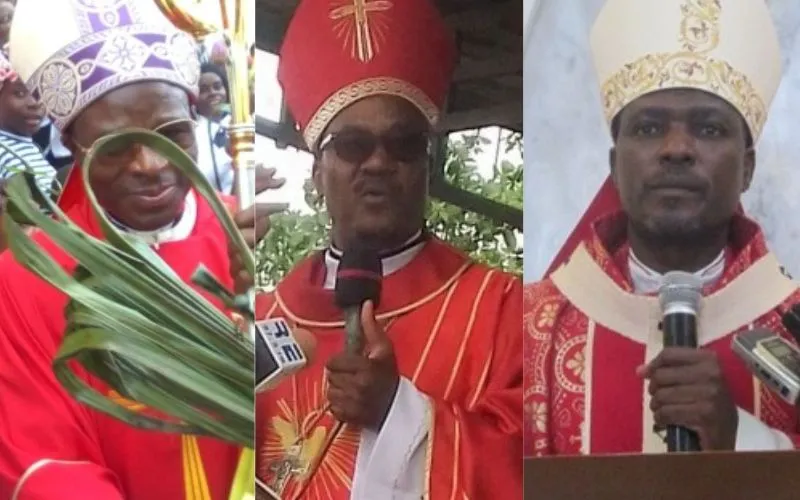Bishop Phalana goes on to share his reflection about Steven Friedman’s article on graft dating back to the colonial era saying, “Corruption was a constant feature of the apartheid period. Black people were its chief victims, since they had no rights and so no way of protecting themselves against abuse. But they were not the only ones, as politicians and officials used government power for personal gain.”
“The most corrupt period in the country’s history was the last few years of apartheid when the attempt to combat the successful international sanctions campaign made corruption, protected by government secrecy, the core government strategy,” the Bishop says.
He adds in reference to graft during the colonial era, “This is the period when we witnessed corruption in the Homelands as well, where money meant for service delivery and development was used by leaders to enrich themselves and their families.”
According to the South African Bishop, there was hope for an end to graft when Former President Jacob Zuma resigned in 2018 as “all seemed well, and our nation was making steady progress.”
“To our shock, the ruling party started announcing the redeployment of corrupt officials in various strategic positions, including parliament,” Bishop Phalana says.
Referencing the recent COVID-19-related corruption scandal in the country, the 59-year-old South African Prelate says that the coronavirus “seems to have revived sentiments of greed that swept our country for the past decade or so.”
“As millions of people had locked themselves up in their homes, knowing they may lose their jobs and income, corrupt politicians, like hyenas circling an immobilized springbok, zoomed in on the R500-billion stimulus package to help businesses cope with the economic implications of COVID-19,” laments the Bishop who heads the Justice and Peace Commission of the Southern African Catholic Bishops’ Conference (SACBC).
He continues in reference to politicians characterized with corruption, “Then their target shifted to the Unemployment Insurance Fund (UIF), resulting in cash-strapped workers still not having seen one cent of what is owed to them.”
“Corruption also saw other private businesses engage in illegal deals worth R2.2 billion that saw the firms produce masks, hand sanitizers and facemasks,” the Bishop says and continues, “To add insult to injury, many of these products were found to be substandard and may, therefore, have put the lives of patients, frontline workers and the whole population at risk.”
In his September 23 statement, the Bishop says that the “former Public Protector, Prof. Thuli Madonsela was right when she recently described the corona-linked corruption as a threat to our democracy, our justice system, rule of law, and peace – with outcomes being death, hunger, anger and democratic fragility.”








